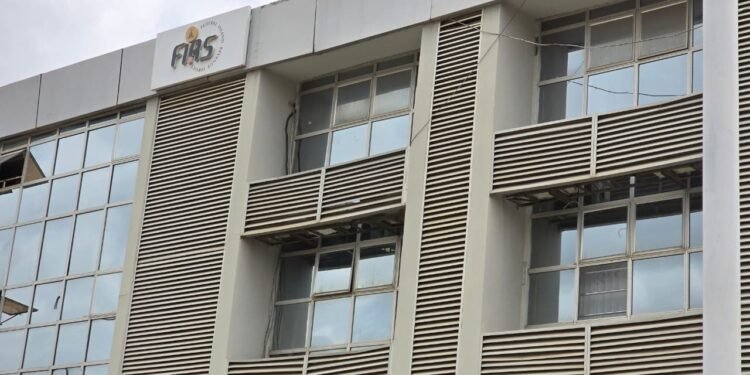The Federal Inland Revenue Service (FIRS) has announced that more than 1,000 companies, representing 20% of over 5,000 eligible large taxpayers, have begun integrating with its newly launched electronic invoicing (e-Invoicing) platform.
The platform, which went live on August 1, is aimed at modernizing tax administration, improving transparency, and curbing tax evasion. It follows a successful pilot phase that began in November 2024 and is being rolled out in phases, starting with companies with annual turnovers of N5 billion and above.
“In less than two weeks of the initiative going live, no fewer than 1,000 companies have so far embraced the solution and commenced integration with the FIRS MBS platform,” said Dr. Zacch Adedeji, Executive Chairman of FIRS, in a statement by his media aide, Dare Adekanmbi.
Telecoms giant MTN Nigeria became the first company to transmit live e-invoices to FIRS, with Huawei Nigeria and IHS Nigeria completing test runs ahead of going live in the coming days.
To support onboarding, FIRS has partnered with the National Information Technology Development Agency (NITDA) to accredit service providers who will act as System Integrators and Access Point Providers. “These providers will facilitate the onboarding, integration, and invoice transmission processes for taxpayers,” Adedeji explained.
While the initial compliance deadline was August 1, FIRS has extended it by three months to November 1, 2025, following operational challenges faced by some companies. “In the spirit of encouraging voluntary compliance, the FIRS management has graciously approved a three-month extension,” Adedeji said, adding that the agency will continue to host webinars, workshops, and town halls to ease the transition.
READ MORE: NIGERIA, UGANDA DEEPEN COLLABORATION ON DATA PROTECTION
The e-Invoicing system, developed as part of the Electronic Fiscal System (EFS), gives real-time visibility into commercial transactions and assures the authenticity and accuracy of invoices. It is also a core component of the Nigeria Revenue Services Reform Act, which seeks to harmonize revenue reporting.
Adedeji described the rollout as “a transformative shift in Nigeria’s fiscal landscape” and urged all stakeholders to support the process, noting that medium-sized and emerging businesses will be onboarded in later phases.






























































